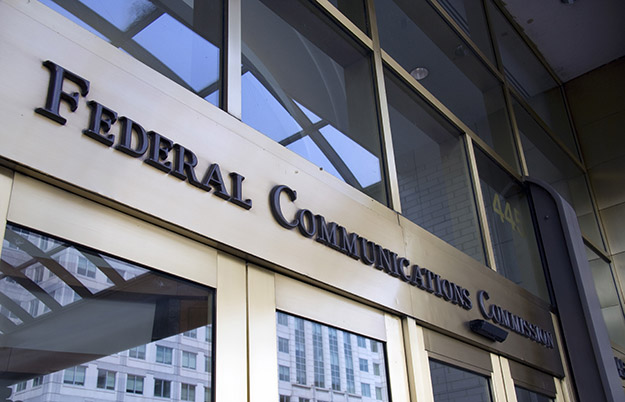President-Elect Trump’s Top Tech Policy Advisor Calls For Dismantling FCC And Net Neutrality

One of the pressing matters on his plate is to plot out a new course for the Federal Communications Commission (FCC), which Jamison has recently stated should be effectively dismantled. Jamison describes the FCC, currently under the leadership of Chairman Tom Wheeler, as “politically driven” and lambasts the current FCC’s “economics-free decision on net neutrality appears to have depressed investment by internet service providers.”
He goes on to argue that there is little need for the FCC in today’s fast-paced tech environment, and that many of its duties could be handed off to other agencies. Interestingly enough, Jamison also indicated that we don’t need the FCC to bust up monopolies in the telecommunications industry because they simply don’t exist.

“Telecommunications network providers and ISPs are rarely, if ever, monopolies,” wrote Jamison in an October blog posting. “If there are instances where there are monopolies, it would seem overkill to have an entire federal agency dedicated to ex ante regulation of their services.”
Jamison also called into question the FCC’s recent war against set-top boxes that are distributed by cable providers. Chairman Wheeler has since scaled back the plans for opening up access to third-party manufacturers, but the very thought of interference brought swift negative reaction from key industry players. Jamison has also been a staunch opponent of net neutrality rules, which are another product of Wheeler’s tenure at the helm of the FCC.
Jamison spoke of net neutrality in June, writing:
Net neutrality in the US is backfiring. There are two basic reasons for the failure. One is that net neutrality policy has lost its focus and is now a growing miscellany of ex ante regulations that frequently work against the entrepreneurs and consumers the rules are intended to help. The second reason is that the net neutrality mindset is locked into a fading paradigm in which networks are distinct from computing and content. Facebook, Netflix, and Google are investing in customized networks and, in doing so, demonstrating that next-generation breakthroughs will leap beyond the old mindset.
If the FCC is politically motivated, issues rules that are anti-business, and has outlived its usefulness, where does the agency go from here? Jamison has the answer:
What would we do without an FCC? Any legitimate universal service concerns could be handled by others: States can subsidize network access as they see fit, the Department of Health and Human Services can incorporate telecommunications and internet into its assistance to low-income households, and the FTC and states can handle consumer protection and ex post regulation. A much smaller independent agency could be created to license radio spectrum, where a spectrum license would be a property right for use and not about content. (The license holder could lease its space to others or use it itself for content or other services.)
Jamison, who is a visiting fellow at Center for Internet, Communications, and Technology Policy at the American Enterprise Institute, will be joined in his duties overseeing the FCC transition by Jeffrey Eisenach, who is the director of the same institution. Both of their viewpoints mesh with Trump’s view on net neutrality and less regulation, but it remains to be seen if Jamison’s rather radical views on the FCC will come to fruition.

